

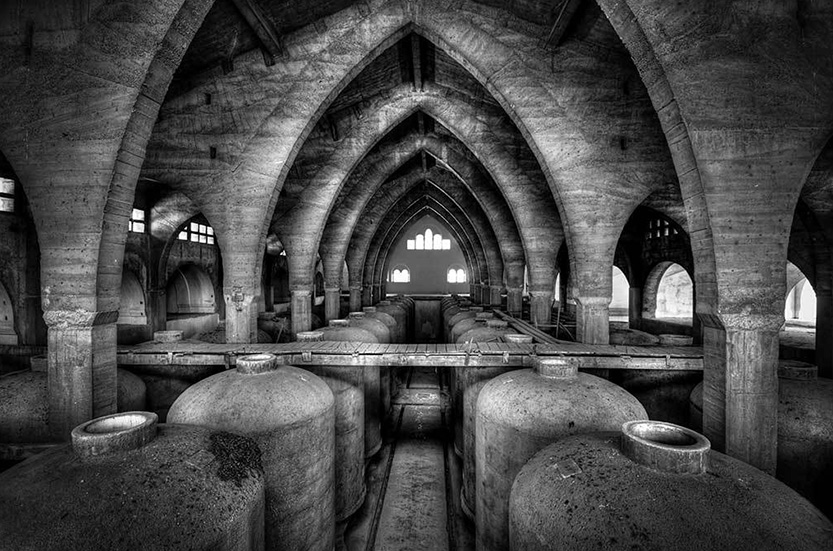
DPO Pla i Llevant was founded in 1999. It groups together 19 municipalities from the counties of the Pla i Llevant region. Currently, it includes 14 wineries, 79 wine makers and 472 hectares of vineyard. The climate is typically Mediterranean, which is characterized by mild temperatures in the winter and strong heat in the summer. The average annual precipitation is 450 mm, and it concentrates in autumn and spring.
The vineyards are situated at an elevation below 100 meters, close to sea level. The sea regulates the summer heat due to the sea breezes that are traditionally known as “Embat”. These breezes confer a degree of salinity to the grapes.
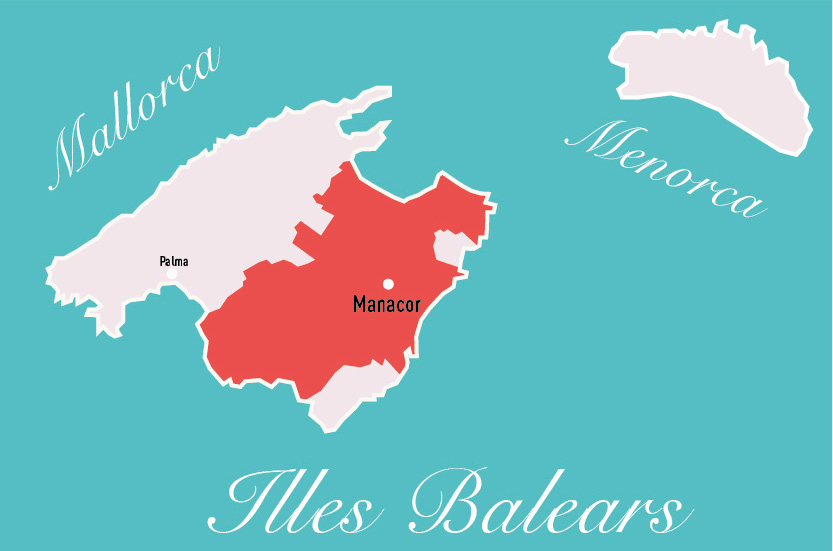
DPO Pla i Llevant is situated in a region which has a long winemaking tradition that dates back to the times of the Roman domination of the island. As its name indicates, this DPO includes the Majorcan counties of the south and southwest. It includes the municipalities of Algaida, Ariany, Artà, Campos, Capdepera, Felanitx, Llucmajor, Manacor, Maria de la Salut, Montuïri, Muro, Petra, Porreres, Santanyí, Sant Joan, Sant Llorenç des Cardassar, Santa Margalida, Sineu i Vilafranca de Bonany. The land is mostly flat and the soil is ideal for growing wine grapes thanks to its composition and morphology.
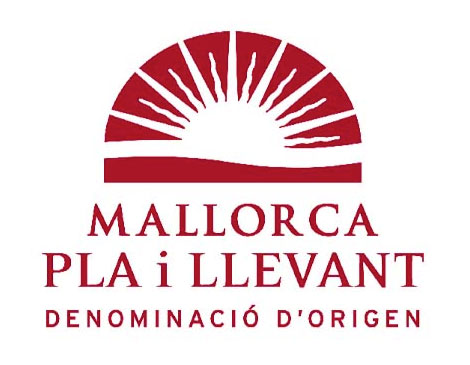
DPO Pla i Llevant is situated in a region which has a long winemaking tradition that dates back to the times of the Roman domination of the island. As its name indicates, this DPO includes the Majorcan counties of the south and southwest. It includes the municipalities of Algaida, Ariany, Artà, Campos, Capdepera, Felanitx, Llucmajor, Manacor, Maria de la Salut, Montuïri, Muro, Petra, Porreres, Santanyí, Sant Joan, Sant Llorenç des Cardassar, Santa Margalida, Sineu i Vilafranca de Bonany. The land is mostly flat and the soil is ideal for growing wine grapes thanks to its composition and morphology.
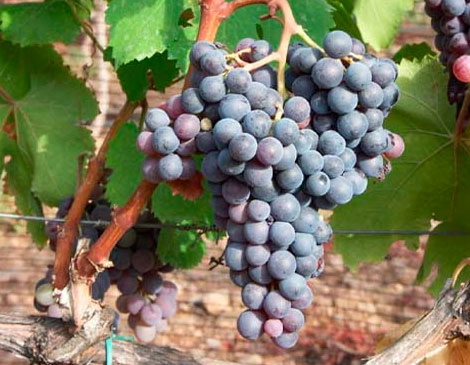
The DPO Pla i Llevant encourages the elaboration of wine using autochthonous grapes. Callet is the most representative among the red wine variants in the DPO due to the large extensions of land dedicated to growing it. Gorgollasa used to be a widespread variant in the past, but it has currently been reduced to small expanses of land. Mantonegro is also a widespread variant in the DPO Binissalem. Finally, the Fogoneu variant is currently quite residual, but it holds historical significance because it was the most common variant in the last quarter of the 19th century. As for the white wine variants. Premsal is the most widespread among the autochthonous variants. Another variant that is currently on the rise is Giró Ros.
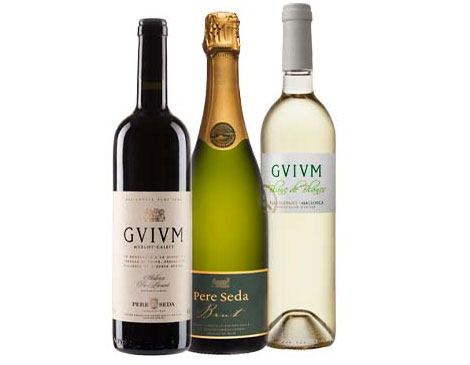
White wines: The autochthonous variants Premsal and Giró Ros produce wines that strongly express the characteristics of the land where they were grown. Aromas of red fruit with an earthy aftertaste. Tasty and with citric traces.
Rosé wine: The sensory clarity that our varieties give off are a trademark of our rosé wines. Aromas of red fruit with an earthy aftertaste. Tasty and with citric traces.
Red wines: The style that characterizes the Mediterranean adaptation of the French variants that we grow in our lands, producing wines that give off balsamic traces in the nose with soft and mature tannins.
Sparkling wine: Sparkling wines are on the rise in the DPO Pla i Llevant in Majorca. Every year, more wineries decide to explore a new angle within the entity’s wines.